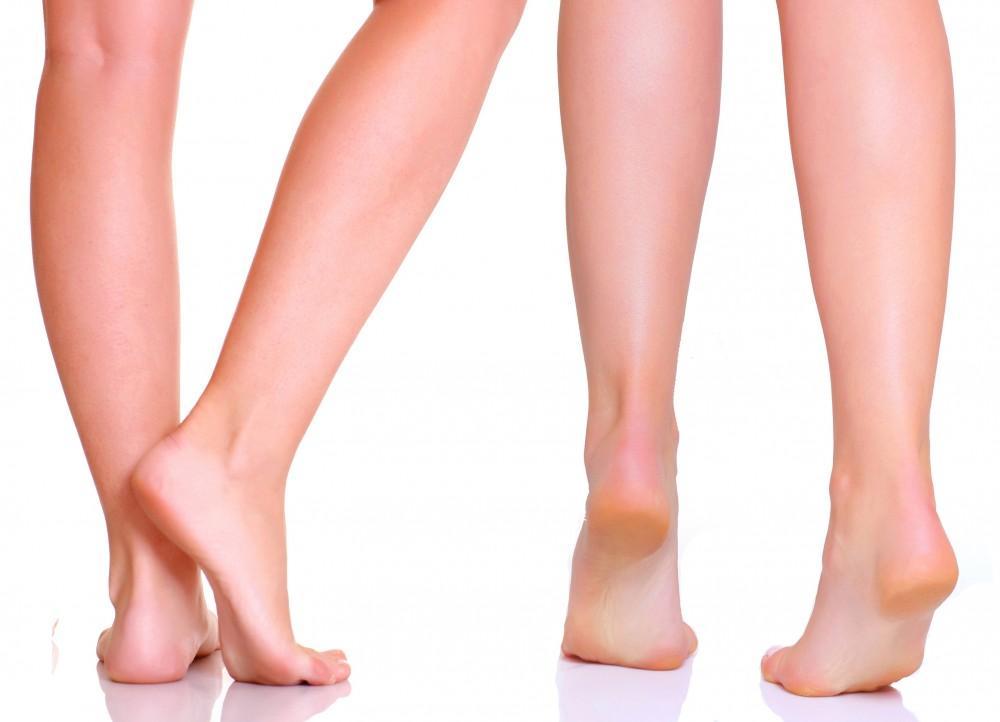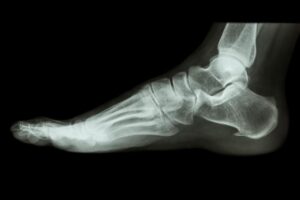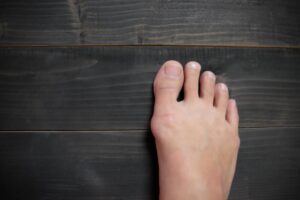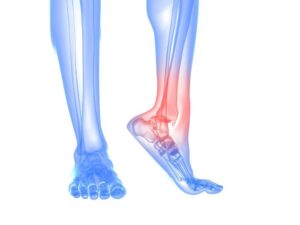Most Common Causes for Heel Pain

When you suffer from pain every time you take a step, it can significantly diminish your quality of life. No matter what the cause of it is, heel pain is uncomfortable at best and at worst, it can keep you off your feet entirely.
Heel pain is a symptom that has a number of different potential causes. Phoenix-based Arizona Foot Health’s board-qualified podiatrist, Ryan Golub, DPM, shares some of the most common conditions that cause heel pain and how to get treatment.
Plantar fasciitis
Of all the potential causes of foot pain, plantar fasciitis is by far the most common. You experience pain in your heel when you overstretch the plantar fascia, a tissue that runs across the bottom of your foot.
This overstretching causes irritation and inflammation in the plantar fascia that leads to heel pain. Your heel pain from plantar fasciitis is usually the worst when the tissue is tight, such as when you’re taking your first steps after waking up in the morning or sitting for a prolonged period.
Heel spurs
Heel spurs, or pump bumps, are a bony calcium deposit that grows and protrudes from the outside of your heel. They have a number of causes, including untreated plantar fasciitis, strains and strains that occur in and around the feet, and wearing certain kinds of footwear.
While heel spurs don’t always hurt, in some cases they cause chronic or intermittent pain. The pain is usually at its worst when you first get out of bed in the morning.
Heel bursitis
Like heels spurs, heel bursitis causes an often painful growth to appear on the back of the heel. Rather than causing a new bone growth, heel bursitis occurs as a fluid-filled sac.
Heel bursitis can be caused by ill-fitting footwear, having flat feet or high arches, and having a genetic predisposition to the condition. You’re most likely to feel pain deep within or at the back of your heel, which typically gets worse as the day goes on.
Achilles tendonitis
Achilles tendonitis occurs when your Achilles tendon is swollen or inflamed. This is an overuse injury common in runners and other individuals with tight calves.
If you have Achilles tendonitis, you might experience tenderness, stiffness, and swelling in your heel as well as your calf, with the stiffness being the worst in the morning.
Stress fractures
Stress fractures, or small cracks or bruises in a bone, sometimes happen in the feet. They’re frequent in very active adults, especially if you regularly exercise intensively or do manual labor.
When your stress fracture is in your metatarsal bones, a symptom can be pain or swelling throughout your heel that gets worse over time.
Treating heel pain
If you’ve been experiencing heel pain that won’t go away, make your appointment to get it evaluated at Arizona Foot Health. At the appointment, Dr. Golub carefully assesses your foot along with listening to the symptoms you’ve experienced. He diagnoses the cause of your heel pain and develops a personalized treatment plan.
Treatment for heel pain depends on the cause and the severity of the problem. Treatments Dr. Golub might recommend resting your foot, wearing custom orthotics, getting a brace or cast, taking medication, and receiving physical therapy or corticosteroid injections.
No matter what the cause is of your heel pain, Dr. Golub works with you to relieve your uncomfortable symptoms and treat the underlying cause. Make your appointment at Arizona Foot Health, located in Phoenix, AZ, by requesting one online or calling our practice.
You Might Also Enjoy...
The Achilles Heel
Given Arizona’s climate, patients are able to remain active year round. It’s why we all chose to live here. But…
Alleviating Back Pain and Other Benefits of Custom Orthotics You Didn’t Know About
Would you ever imagine that custom foot orthotics could improve your quality of life? That’s what many people say after…
9 Helpful Tips to Prepare Your Home Before Bunion Surgery
When moderate interventions, such as wearing wider shoes or using pads in your shoes, fail to ease your bunion pain…
When Should You Go to the Doctor for an Ingrown Toenail?
In most cases, you can nurse an ingrown toenail at home with over-the-counter pain medication, topical antibiotic creams, and soaking…
6 Home Exercises to Keep Your Ankles Strong
Ankles that feel wobbly and weak are vulnerable to injury. If you play sports, run, jump, or just walk often,…
Is Surgery My Best Option For Treating Bunions?
You have a bunion and it isn’t pretty, but if your bunion is small enough, or doesn’t hurt, you may…






